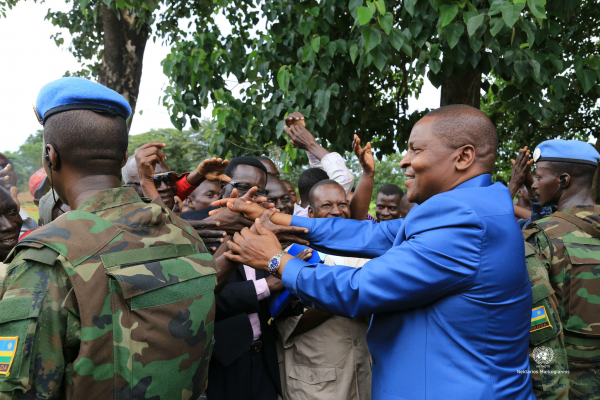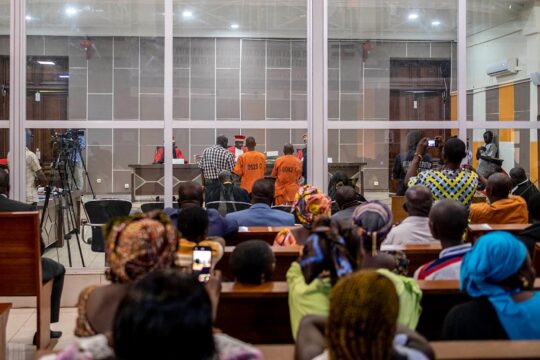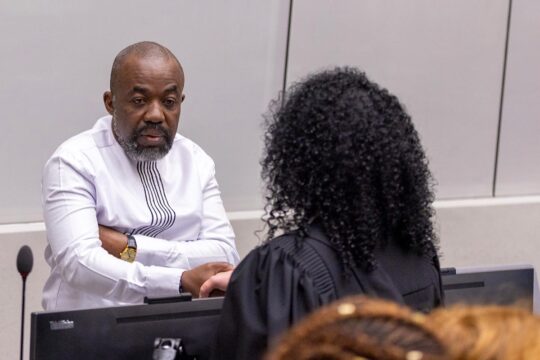In a statement published on August 24 in the capital Bangui, they restated their position, already expressed many times, that justice should not be sacrificed in the name of reconciliation. “Political dialogue must not be an excuse to forget the victims and the atrocities that have been committed,” declared Mathias Morouba, a lawyer for victims and president of the Central African Observatory of Human Rights. “It is unthinkable that persons responsible for and complicit in the most serious crimes could obtain amnesty at the negotiating table. The government should reject this idea unconditionally.”
The talks, whose date and place have not yet been announced, aim to put an end to the violence that has been tearing the CAR apart since 2013. According to several concurring sources, the armed groups’ demands include not only power sharing but also a general amnesty. And yet the amnesties decided at various points in the CAR’s history have not prevented the recurrence of bloody conflicts since independence from France in 1960. “For us the red line is very clear: there can no longer be impunity for the perpetrators of crimes in the CAR and those responsible,” said Joseph Bindoumi, president of the Central African Human Rights League.
Terrible abuses
The idea of an amnesty for serious crimes was clearly rejected by the 2015 Bangui Forum, a gathering of more than 800 representatives of civil society, community organizations, political parties and armed groups. The Forum recognized that the lack of justice in the country since 2003 was a main cause of the country’s recurrent crises. However, the armed groups invited to the upcoming talks are suspected of having committed all manner of abuses against civilians: murder, rape, sexual slavery, torture, looting, persecution and destruction of religious buildings. Some of these crimes could, according to the NGOs, be categorized as war crimes and/or crimes against humanity.
Pressure
Marking the first anniversary of his time in office on March 30, 2017, President Faustin- Archange Touadera added his voice to those of the civil society organizations. “The people of the CAR have clearly expressed their will on this issue,” he said. “As of the Bangui Forum in 2015, there have been clear resolutions for zero impunity. And speaking on RFI he recalled that “during the transition, a law was passed to create a Special Criminal Court. We are in the process of setting it up. The Prosecutor has recently been appointed. The judges will work within that framework, and the people are calling for reparation. And reparation means justice.”
Will the President stick to that line even as certain member countries of the African Union calling themselves friends of the CAR are behind this demand of the armed groups. Will Touadera manage to resist pressure and be a voice for Central Africans who, in their vast majority, have been calling for years for justice?






